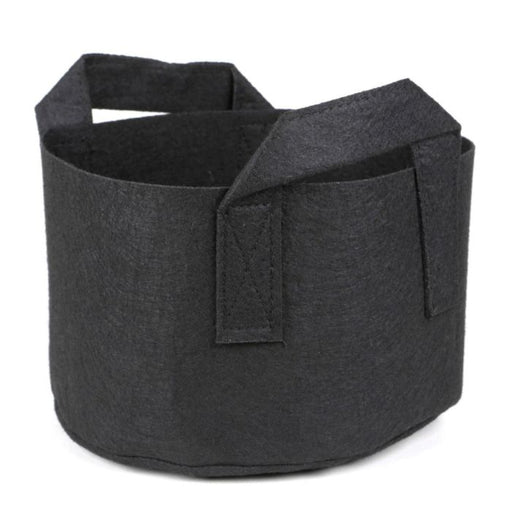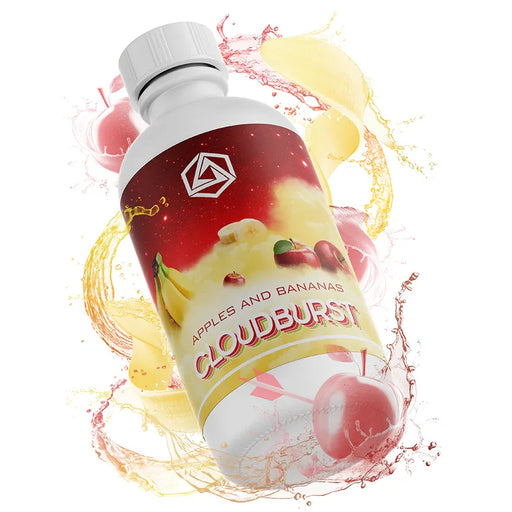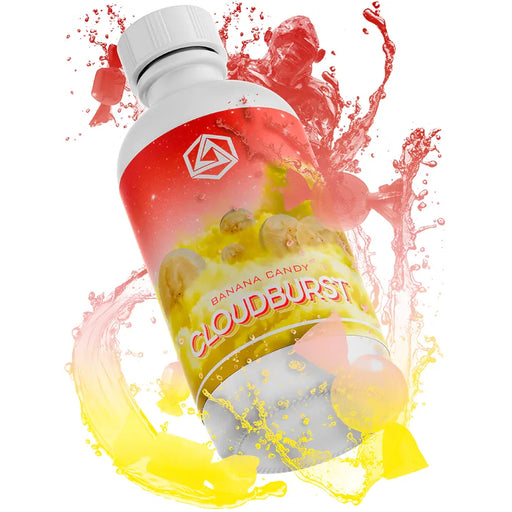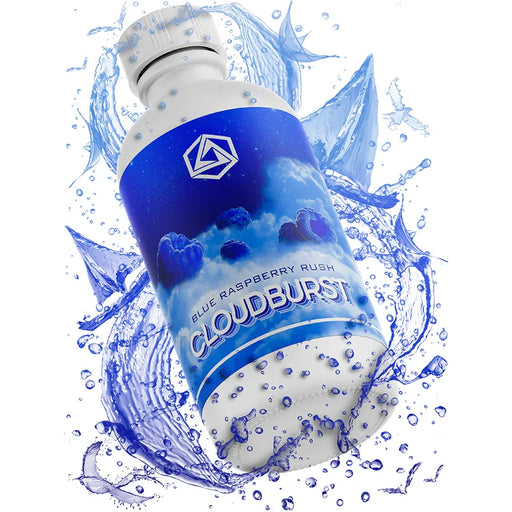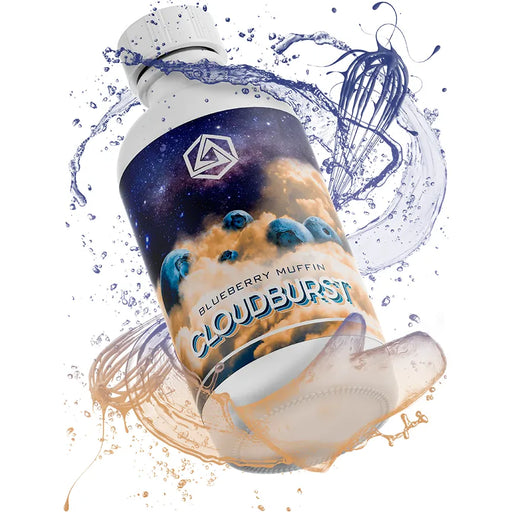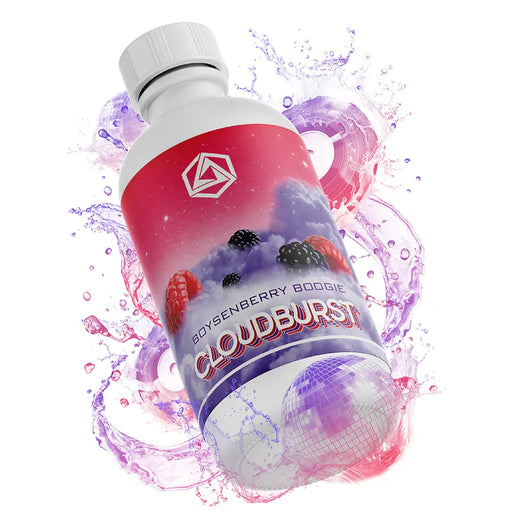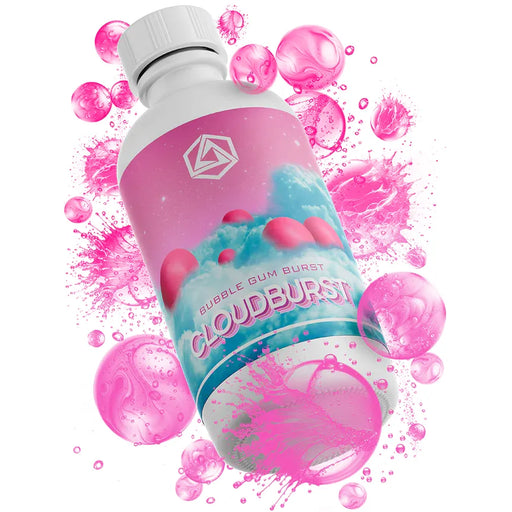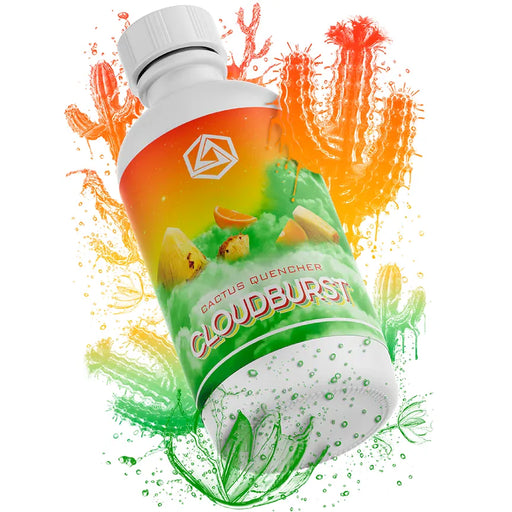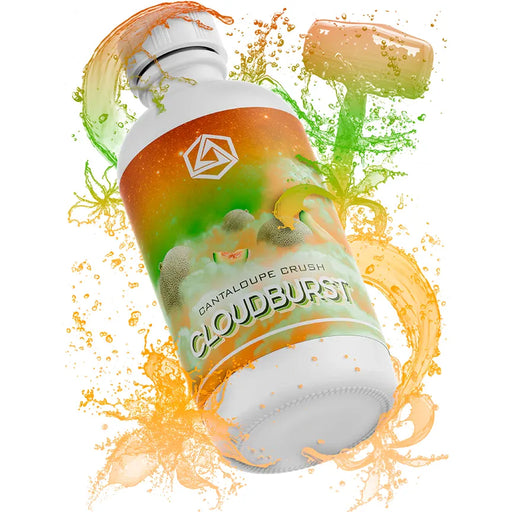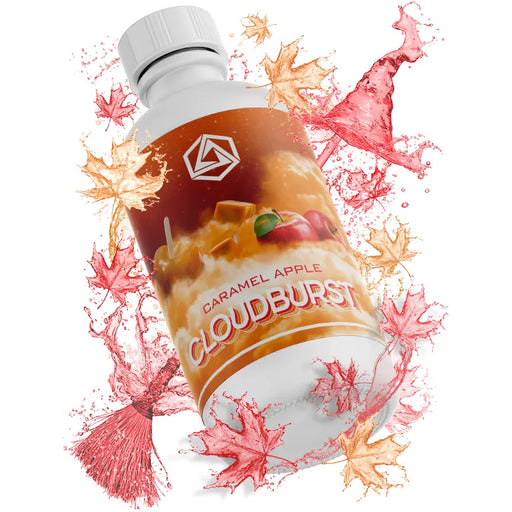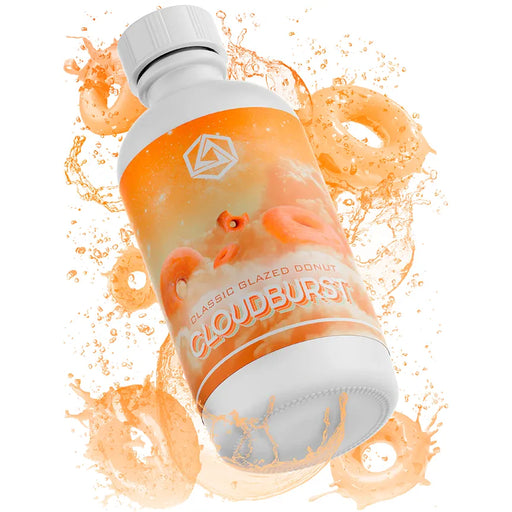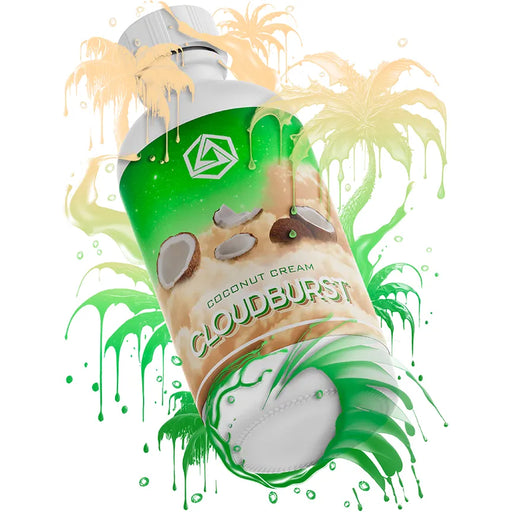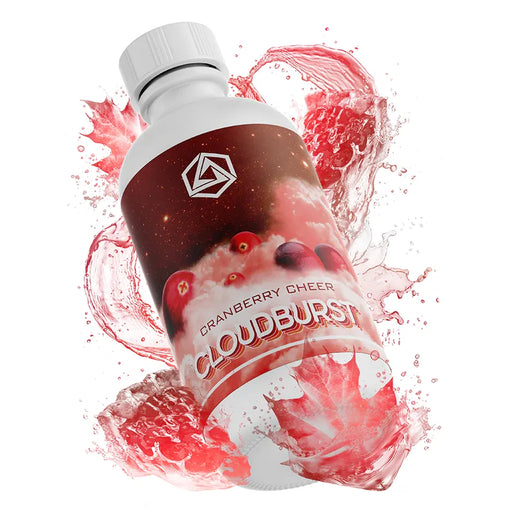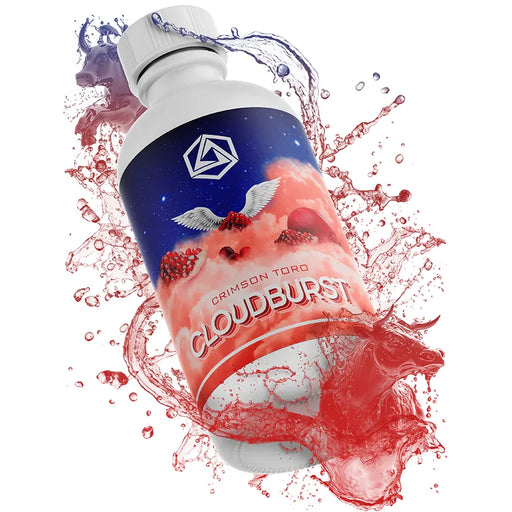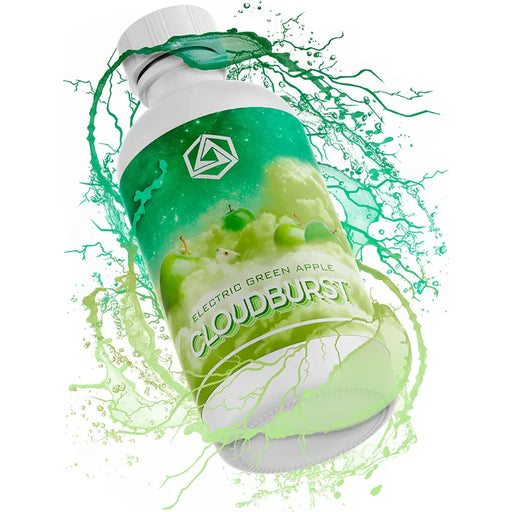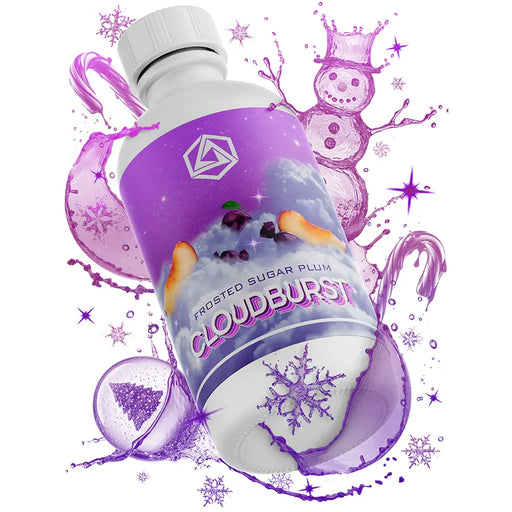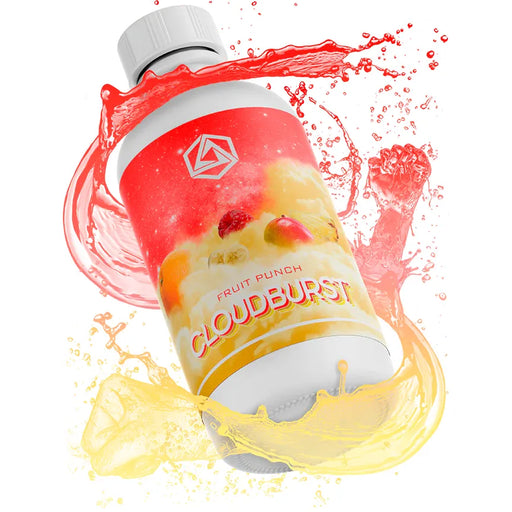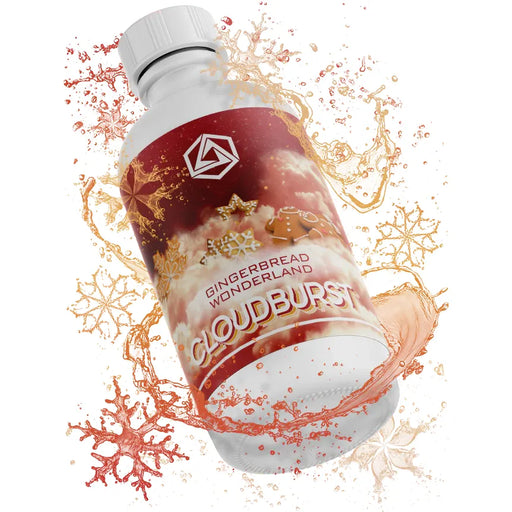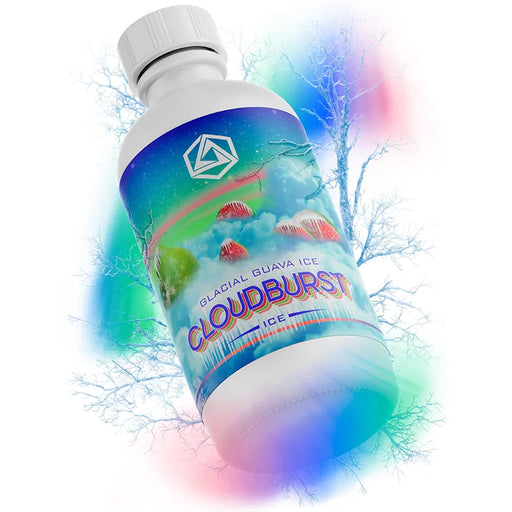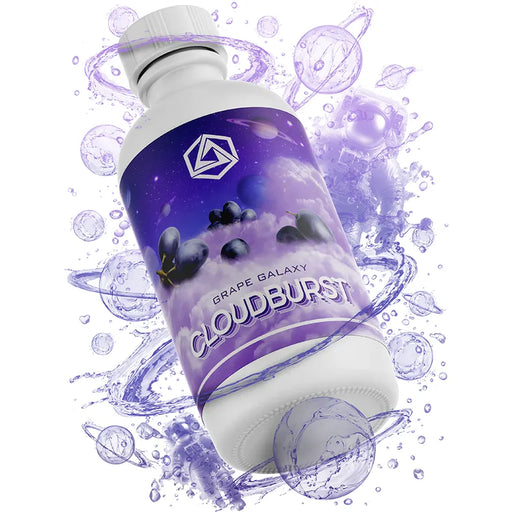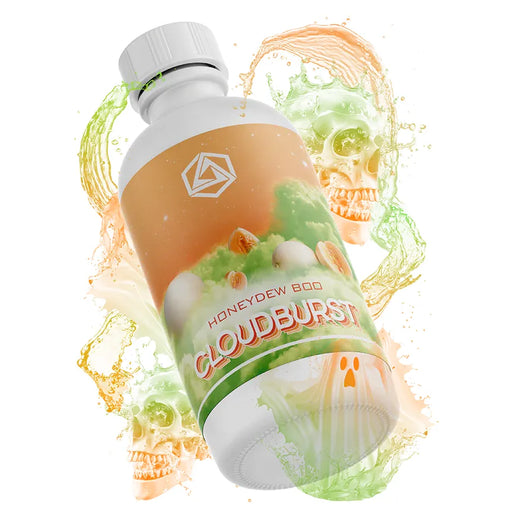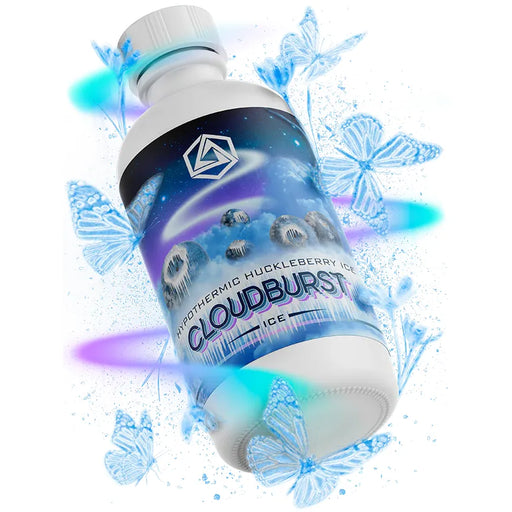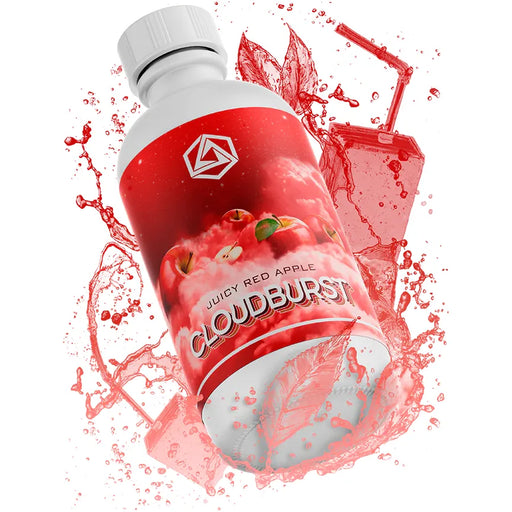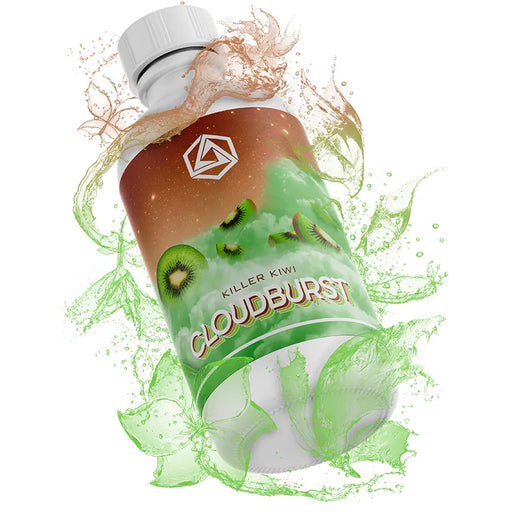Products
Filters
247 Garden Fabric Pots With Handles
Transform your gardening game with these Basic Black Fabric Pots. Designed with the modern grower in mind, these pots combine practicality with per...
View full detailsAbstrax CLOUDBURSTSERIES Apples & Bananas
Apples & Bananas We’ve given this elite combo of creamy yellow fruit and tart, ripe apples a catchy hit of candy-like sweetness. The song may h...
View full detailsAbstrax CLOUDBURSTSERIES Banana Candy
Banana Candy Banana Candy envelops the senses and evokes memories of quarter machines with vibrant yellow candies clattering into outstretched hand...
View full detailsAbstrax CLOUDBURSTSERIES Blue Raspberry Rush
Blue Raspberry Rush Blue Raspberry Rush balances sky-high levels of sweet, sour, and tart for an extreme flavor that inspires obsession. Recommende...
View full detailsAbstrax CLOUDBURSTSERIES Blueberry Muffin
Blueberry Muffin Maybe it’s the hint of savory butter as it melts into that sweet, steaming bread. Maybe it’s the burst of tart, floral blueberries...
View full detailsAbstrax CLOUDBURSTSERIES Boysenberry Boogie
Boysenberry Boogie Get down on a jammy flavor fusion that’ll leave your head spinning. Deep notes of floral blackberry slide up to juicy, tart rasp...
View full detailsAbstrax CLOUDBURSTSERIES Bubble Gum Burst
Bubble Gum Burst Bubble Gum Burst is an old-school flavor that’ll have you searching for a quarter and the nearest gumball machine. Savor every jui...
View full detailsAbstrax CLOUDBURSTSERIES Cactus Quencher
Cactus Quencher Take a hit of sparkling citrus nostalgia with Cactus Quencher. Blinding rays of tropical pineapple and lush orange fuse together fo...
View full detailsAbstrax CLOUDBURSTSERIES Cantaloupe Crush
Cantaloupe Crush Ripe cantaloupes are bursting with juicy melon flavor. They should have a fresh, floral aroma that toes the line between delicate ...
View full detailsAbstrax CLOUDBURSTSERIES Caramel Apple
Caramel Apple Caramel Apple is the perfect way to welcome the autumn season. The crispness of tart juicy apples combines with milky ribbons of warm...
View full detailsAbstrax CLOUDBURSTSERIES Classic Glazed Donut
Classic Glazed Donut While it might smell like it, you haven’t actually wandered into your local donut shop. Classic Glazed Donut perfectly capture...
View full detailsAbstrax CLOUDBURSTSERIES Coconut Cream
Coconut Cream Coconut Cream has all the smooth richness you’d expect from ripe coconut flesh. Its warm, nutty notes and delicate sweetness will sen...
View full detailsAbstrax CLOUDBURSTSERIES Cranberry Cheer
Cranberry Cheer Skip the mystery sauce from a can and gift yourself the seasonal sweetness of vivid cranberries. The smile-inducing tartness of tho...
View full detailsAbstrax CLOUDBURSTSERIES Crimson Toro
Crimson Toro Launch your senses into the upper atmosphere with mouth-puckering tartness. Fueled by the sweet and sour combo of juicy cranberries an...
View full detailsAbstrax CLOUDBURSTSERIES Electric Green Apple
Electric Green Apple This blend will raise the hair on your arms. It’s shockingly tart with a jolt of sublime sweet and sour. Turn up your product’...
View full detailsAbstrax CLOUDBURSTSERIES Frosted Sugar Plum
Frosted Sugar Plum Frosted Sugar Plum has a candy-coated quality that feels like it came straight from Santa’s sweet shop. One taste of this tangy,...
View full detailsAbstrax CLOUDBURSTSERIES Fruit Punch
Fruit Punch This blend is undeniably sweet and fruity with sharp citrus notes that morph into floral mango. Smooth banana flavors evolve into dark ...
View full detailsAbstrax CLOUDBURSTSERIES Gingerbread Wonderland
Gingerbread Wonderland Come in out of the cold and enter a Gingerbread Wonderland. The inviting warmth of cinnamon, cloves, and allspice balances t...
View full detailsAbstrax CLOUDBURSTSERIES Glacial Guava Ice
Glacial Guava Ice Arctic temperatures are coming to the tropics with Glacial Guava Ice. The unexpected combo of floral pink guava and brisk ice cre...
View full detailsAbstrax CLOUDBURSTSERIES Grape Galaxy
Grape Galaxy Now entering the Grape Galaxy, where you’ll find the juiciest version of this dark purple grape. A drop of musk enhances the deep berr...
View full detailsAbstrax CLOUDBURSTSERIES Honeydew Boo
Honeydew Boo There’s something deliciously supernatural about Honeydew Boo. Prepare to be haunted by eerie levels of juicy ripe melon, vibrant flor...
View full detailsAbstrax CLOUDBURSTSERIES Hypothermic Huckleberry Ice
Hypothermic Huckleberry Ice Sub-zero temps make high-intensity floral and berry flavors deceptively sweet. With its chilly finish, Hypothermic Huck...
View full detailsAbstrax CLOUDBURSTSERIES Juicy Red Apple
Juicy Red Apple It’s the crunch of autumn leaves, the crisp bite of ripe red apples, and that undeniable flavor! Juicy Red Apple lives up to its na...
View full detailsAbstrax CLOUDBURSTSERIES Killer Kiwi
Killer Kiwi Prepare to drown your senses with the overwhelming tart tropical aroma of Killer Kiwi. Focused floral notes chase its juicy green flavo...
View full details
